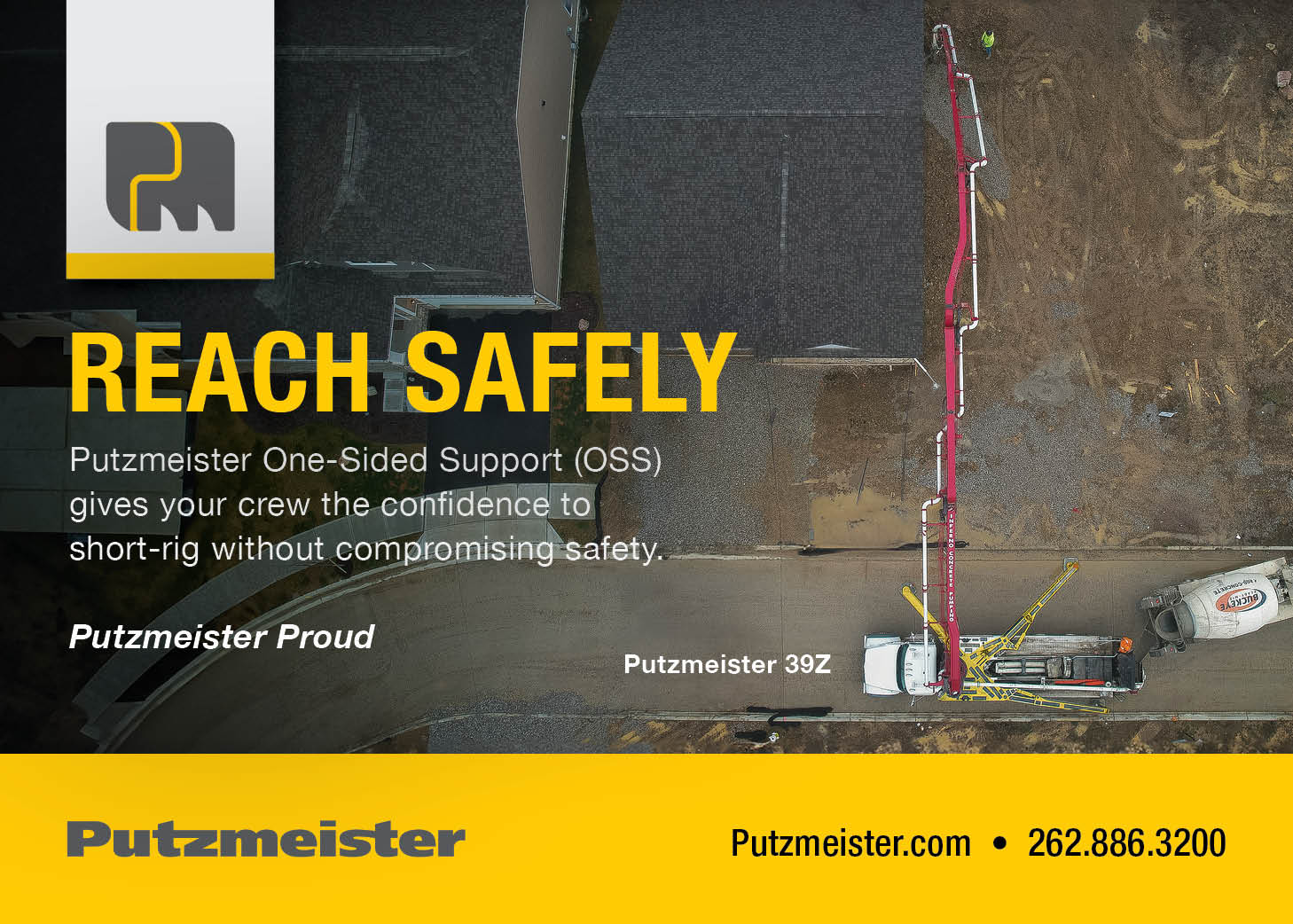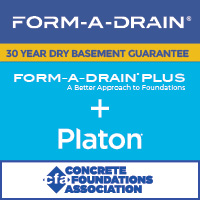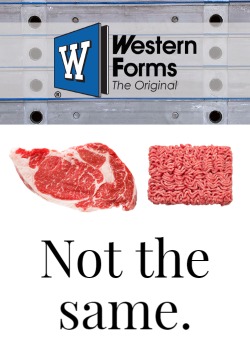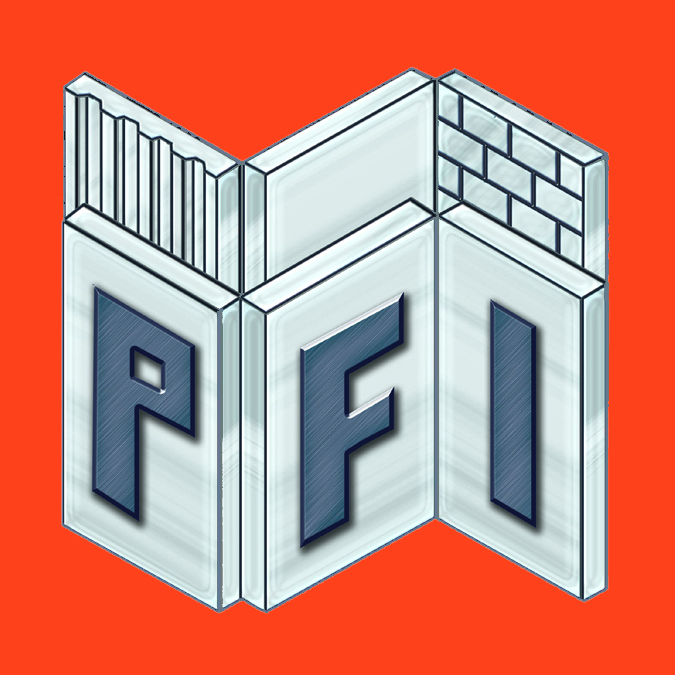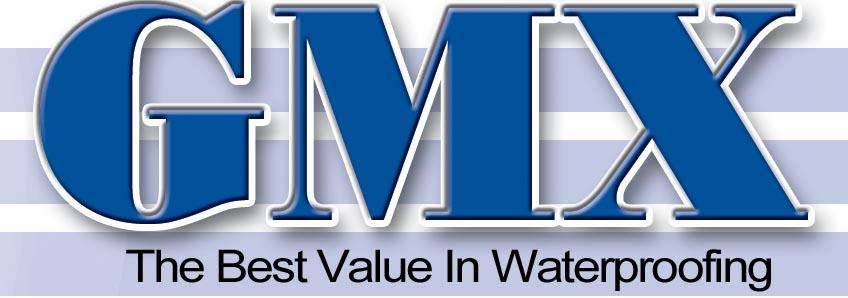Knowledge Management is a Member-Only Benefit
Español | Translation Provided by the CFA
Year after year, event after event, company leaders who risk time away from their business to work on their business are rewarded by arguably the number-one acquisition of their professional careers: knowledge. This holds true whether they are actually participating themselves or having others in the company participate in the risk-reward opportunity of attending conferences and events. Some call these participants “emerging leaders,” others “young professionals”—but regardless of someone’s age, experience, or position in the company, it is a strategic and responsible decision to increase knowledge to refine and grow power.
“As a leader or owner of a small business, chances for professional or leadership development are extremely rare,” said Zach Wettemann of Wettemann Brothers Concrete in North Branford, Connecticut. “It’s on us to not only have the self-awareness to recognize it could be a useful or productive activity, but then an additional time commitment to figure out what course or program would be best. Obviously, time is always of the essence. So the fact that the CFA is here to not only vet the content, but also create an amazing opportunity to learn besides other members is absolutely amazing.”
Phil Marone of Marone Contractors in Thorofare, New Jersey, recently hosted an executive retreat in Philadelphia. The retreat featured a Gallup Strength Finders workshop and had participating company executives from Utah, Missouri, Georgia, Pennsylvania, Connecticut, Indiana, North Carolina, New Jersey, New York, and Maryland—only open to CFA members. Zach Wettemann was one of a dozen participants who immediately found the knowledge sharing useful for his business. Coming after a long winter that strained resources across the industry, the event was designed to help business leaders replace low energy and waning inspiration with vision and purpose. Zach said the retreat was “extremely valuable. Dare I say legendary. And I am very grateful to have had a seat at such a world-class table. THANK YOU!”
Events like this hosted throughout the year by the CFA are opportunities to come alongside other leaders in similar positions to yourself. It repeatedly rekindles confidence and hope when leaders recognize they share a journey and, more importantly, share a definite, well-worn path forward.
Collaboration architect, nonprofit CEO, and thought leader, Ed Rigsbee CSP, CAE, recently published some content on this very topic, speaking to the heart of why trade associations and nonprofit organizations are where companies today will find the most important advancements for business. “The acquisition of industry or profession knowledge, today called Knowledge Management, has been and will continue to be a primary driver for individuals and companies,” Rigsbee said.
Rigsbee noted that most nonprofit organizations define their knowledge management activities and resources as keeping track of, and making easily available, industry or professional knowledge. Such knowledge content might include:
- Policies, standards, and guidelines
- Best practices
- Trade press/scholarly journal articles
- News releases
- Other industry- or profession-specific documents
- Expert opinion
- Availability of, and access to, subject matter experts
- Peer review committees
- Research
- Surveys*
- Safety and occupational issues
- Knowledge resources created by staff
- Collective industry or profession stakeholder knowledge
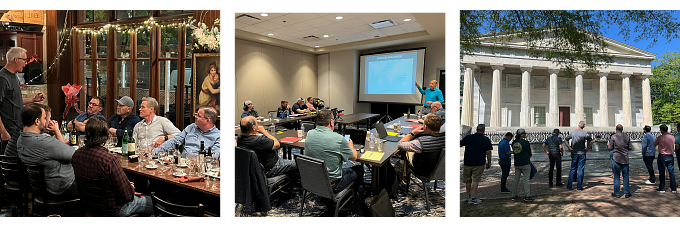
Rigsbee sees commonly that 50–60% of association members fail to invest in using knowledge resources that are intentionally curated and marketed solely for member organizations and their employees. The resources listed above significantly contribute to member return on investment, and many of them are shared through events and networking activities. For example, there is the CFA’s Best Practice Groups (BPGs), which gather monthly over a general lunch timeslot; the annual convention each summer known as #CFACON23; and more. During events, whether in-person or virtual, the industry’s leaders show up and share knowledge, making the overall pool of knowledge greater than it could have ever been without everyone gathering.
“I came to Philly excited to just see what kind of new collection of members might join me,” said Doug Herbert, president of Herbert Construction from Marietta, Georgia. “I added a chance to renew my certification as a foundation technician, which took place before the main event. During the lunch break alone I more than paid for the time and travel resources I was investing from the experience in new applications that I encountered in casual conversation.”
Doug is well versed in the advantages that come from risking time away to work on business. He learned this from his dad, who mentored he and his sister, Amanda, before turning over the business. “Making the commitment to set aside meetings and priorities is consistently one of the hardest decisions I make in my business,” Doug said. “However, doing so in order to share with peers as well as exposing myself to new ideas and practices is consistently one of, if not the most, rewarding decisions I make in my business.”
Determine Real-Dollar Value of Knowledge Management
Rigsbee proposes that one of the most difficult parts of the equation for business owners is how to determine the value of attaining knowledge. The decision to join a professional network like the Concrete Foundations Association is a minor commitment. However, accessing such an organization’s member resources—like connecting in meetings, attending online education opportunities, and joining researching programs—means that the everyday business stress must be set aside, at times for multiple days. Rigsbee contends that the real-dollar benefit for an organization’s knowledge management practices can be calculated using:
- Total knowledge availability
- Member awareness of available knowledge management
- Uniqueness of proprietary knowledge management
- Ease and speed of access to specific knowledge
- Resource acquisition time saving in hourly measurement
“While many of the above elements of calculation might at first glance appear nebulous, nevertheless, all can be measured,” states Rigsbee. “Proprietary knowledge can be valued in real-dollars by the cost of acquisition through non-member benefit (outside) sources and/or the cost to the member’s organization of not having access to the knowledge.” This means that the time and money it takes any person or organization to obtain similar or related knowledge to what is curated and more easily accessed through their professional organization costs far less than what it would cost outside that organization. It also means that not having access to this information, such as information members only share with each other outside of competitive business boundaries, has a real cost impact on the business they are conducting, successfully or not.
“I attended CFA’s Executive Retreat in Philly,” said Jim Bartley, president of Bartley Corp from Silver Spring, Maryland. “This was a great opportunity to network and dive into a specific subject I had yet to consider for me or my business. I definitely came away seeing some areas where I need to lean on strengths of others.” CFA members like Bartley, Wettemann, Herbert, and countless others over the nearly 50 years of the CFA’s existence have counted the cost over and over, each time concluding that membership is worthwhile.
Rigsbee encourages associations and business leaders to quantify benefits through a regular evaluation process. The ease and speed of access to resources containing the knowledge should be evaluated yearly. “Multiplying the time saved (in hours) by your member’s wage (dollars per hour) is a telling exercise—you’ll be amazed at the number.” While it is true that much knowledge is currently accessible through free services like Google, the length of time it might take one to do the search, read through numerous sites, and aggregate the needed knowledge could be daunting and very time consuming. This is perhaps the most important and distinguishing benefit to membership with an industry association, saving so much time in today’s world of easy access to massive amounts of information. The internet is choked with under-evaluated opinions and conflicting narratives, so it is a relief to have peer-reviewed, relevant information collected for your business.
So what do leaders like Rigsbee instruct for your business, for your association? Continue to strengthen your members with resources and information-sharing opportunities. “If your organization makes industry knowledge management available to non-members, my bet is that you are metaphorically shooting yourself in the foot every day,” Rigsbee said. “If non-member industry stakeholders can access anything more than headlines through your website or from headquarter staff, why in the world would they invest in membership?”
The Concrete Foundations Association continues to generate new knowledge-based resources and evaluate the interest, consistency and ease of access, both for the Association staff and for each members. A high value is placed on knowledge management activities like regional and national in-person gatherings, virtual networking, and maintaining efficient communication across email, text, social platforms and member connections by phone. While the CFA does provide the public with some important resources like position statements and technical support, we continue to reserve all but the most basic industry headlines for members so that members can access material through a business-safe environment which consists of password-protected, members-only sections on our website, www.cfaconcretepros.org. We have a rich history of informative articles maintained online, offered initially here in the pages of Concrete Facts, as well as having member-serving classifieds and access to more material through www.concretefactsmagazine.com.
When was the last time you evaluated the cost of not having important or imperative information at just the right time? When was the last time you calculated the savings achieved by receiving support, getting information from another member, or learning about a solution to your problem in a timely fashion? These are the often hidden and underappreciated (and undervalued) aspects of belonging to the Concrete Foundations Association. Is it time for you to revisit these values, lost or received? You can get help to do so by contacting our staff member liaison, Skye Kelley, at skelley@cfaconcretepros.org.
The original version of this article was published on LinkedIn, published by Ed Rigsbee, CSP, CAE, Collaboration Architect, Nonprofit CEO, Virtual Communities Leader, Member ROI Valuation Research, Keynote Speaker, and author of five books (topics: strategic alliance development and membership growth). Visit more of his resources via https://www.linkedin.com/in/edrigsbee/.

